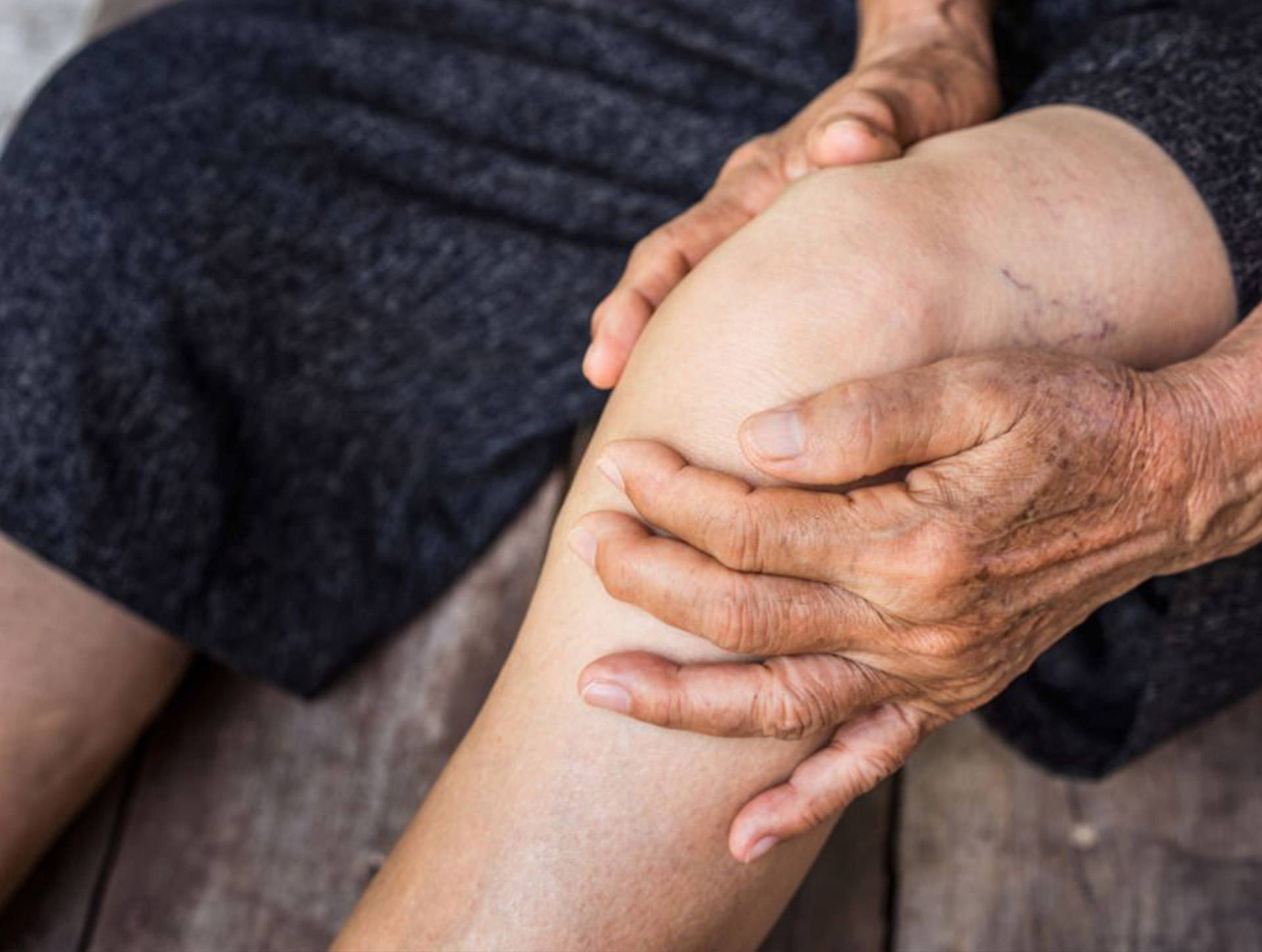
Understanding Knee Arthritis and Its Potential Effects on Calf Pain
JUL 30,2023 | 3 Mins Read
TABLE OF CONTENTS
The human body is an intricate network of interconnected systems, where pain in one area may not necessarily originate from that particular point. The complex relationship between knee arthritis and calf pain is a perfect illustration of this. It's essential to comprehend the nature of arthritis, its impact on the knee, and how it can potentially lead to calf pain.
So, can knee arthritis cause calf pain? The short answer is: yes. The prolonged inflammation in the knee joint associated with arthritis can stimulate pain receptors not only in the immediate area but also in surrounding structures, including the calf. This radiating pain is a well-known phenomenon in the medical field.

Moving onto calf pain. This typically refers to discomfort or pain anywhere in the back of the lower leg, from below the knee to the ankle. The question arises: can knee arthritis cause calf pain? The answer lies in the progressive damage to the cartilage in the knee joint. As arthritis progresses, the cartilage thins and the smooth movement of the joint is compromised, leading to stiffness, inflammation, and pain.
When arthritis impacts the knee, it affects the biomechanics of the entire leg, which in turn can result in calf pain. One of the mechanisms at play here is referred pain. This is when the nerves that relay sensations from the knee are intertwined with those from the calf, meaning pain signals from the knee can sometimes be perceived as emanating from the calf.
Calf pain can manifest in various forms and intensities. It might feel like a dull ache, a sharp, severe pain, or even a throbbing sensation. While knee arthritis could be a culprit, other causes could also be at play.
Arthritis in the knee can result in swelling in the surrounding leg region, specifically around the knee area. Additionally, arthritis affecting the ankle joint has been associated with swelling in the feet and legs.
Knee arthritis can cause a change in walking mechanics, which can lead to calf muscle strain or fatigue over time. This strain may also result in calf swelling.
Effective management of calf pain associated with knee arthritis involves a two-pronged approach - treating the underlying arthritis and addressing the resultant calf pain. In such scenarios, wearing a knee sleeve for arthritis can be particularly beneficial. Its design aims to provide gentle compression, which can help in reducing swelling and pain, promoting a more comfortable and active lifestyle.
Other conditions linked to arthritis, such as peripheral edema (swelling due to fluid accumulation), may also be the cause of calf pain. This swelling may increase pressure in the leg, stimulating pain receptors in the calf.
Apart from knee arthritis, calf pain could be the result of the following conditions:
PAD occurs when there is a narrowing or blockage in the arteries that supply blood to the legs and feet. This reduced blood flow can lead to various symptoms, including leg pain or discomfort, particularly during physical activity. The pain is often described as cramping, aching, or heaviness in the leg muscles, and it typically subsides with rest.
Baker's cyst, or popliteal cyst, is a fluid-filled swelling at the back of the knee. It often occurs with knee conditions like osteoarthritis. When the cyst enlarges or gets inflamed, it can cause leg pain. The pain is usually felt at the back of the knee and may extend down to the calf or lower leg. Activities involving knee movement can worsen the pain.
Deep Vein Thrombosis (DVT) is a condition characterized by the formation of a blood clot in a deep vein, usually in the leg. The clot can obstruct the blood flow, leading to swelling, inflammation, and pain in the affected leg. The pain is often described as a cramping or aching sensation and may be accompanied by warmth, redness, and tenderness in the leg.

The initial line of treatment for knee arthritis typically involves pain relievers, anti-inflammatory drugs, physical therapy, and lifestyle modifications like weight loss and exercise. In more severe cases, joint injections or even surgery may be required.
Compression therapy can be an effective way to manage calf pain caused by knee arthritis. A compression sock or knee compression sleeve applies light pressure around the calf and leg, reducing inflammation and stimulating blood circulation in the affected area. This helps reduce swelling and improve symptoms such as fatigue and discomfort.
Next Read: Benefits of Knee Sleeves
Heat therapy is another useful option for minimizing calf soreness due to knee arthritis. Heat helps reduce muscle tension and encourages blood flow to the affected area.
Cold therapy, also known as cryotherapy, involves the application of frozen packs or cold compresses to the painful region. This can be helpful in decreasing inflammation and pain associated with knee arthritis.
Physical therapy plays a crucial role in managing calf pain. Therapists can design individualized exercise programs aimed at strengthening muscles, improving mobility, and maintaining balance, thus alleviating pain and enhancing overall functionality.
References
Author

Claire Evans worked as the content marketing manager at Koprez. Claire combined a background of writing and editing, marketing, and patient education to best serve consumers, fitness enthusiasts, athletes, and anyone who relies on the Koprez brand for helpful information.
Koprez® Featured Products


"I sprain my wrist super often, so I decided to try out this sleeve. This is game-changing! I've been using it for a while now, and my wrists feel amazing. I haven't gotten in any injuries since using it too. It just makes my wrists feel so supported."
Alexis A.
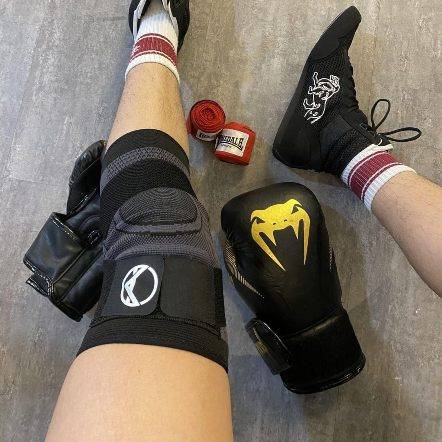

"Use this for my boxing training. It is a very comfortable brace and does not move out of position during skipping ropes and sparring sessions. I use it while running too. Probably the best brace I've purchased throughout the years. It is very flexible. Makes me look like a pro! :)"
Samuel L.


"I've just got back to running after a couple of years of being plagued by injury. These compressions socks are helping give me peace of mind while I build up my distance again. They are the perfect level of compression, super comfy, and very high quality. Feel great while on a run, and looks great in the orange colour I have!"
Dave R.
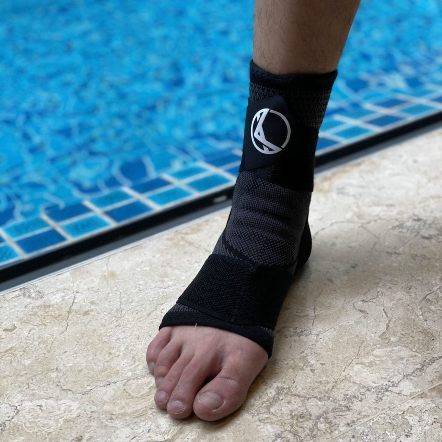

"I have a weak ankle, and the Koprez ankle sleeve has been a lifesaver. Wear it every day. Super breathable and comfortable. Like wearing a cool sporty looking sock!"
James F.


"This is the best knee sleeve I've ever tried. It's now a must-have for all my exercises. A few years ago, I had an accident that damaged my knees, but with Koprez I can be active again with no knee pains at all. It's been truly amazing!"
Alex M.
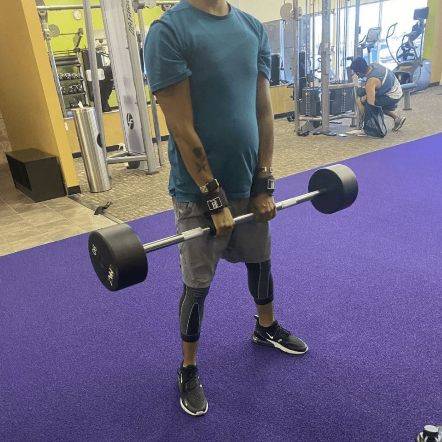

"One of the best purchases I've ever made. It fits your legs all the way from top to bottom, great snug fit, gives you support and definitely helps during rehab and training."
Rafael A.


"I had a minor elbow injury, and Koprez sleeve was super supportive and definitely helped me recover faster. I still use the sleeve to prevent further injury. So far, so good. Very comfortable and does not feel hot at all. Highly recommend!"
Corey B.


"It's really been a game-changer for me. It allows me to exercise a lot longer than I used to. Now my knees don't hurt, and they're not uncomfortable at all."
Mike P.


"Great product!!"
Harold
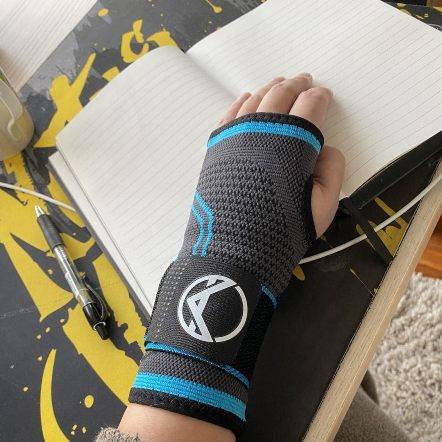

"I have carpal tunnel, and this brace has helped me work pain-free. Love the materials, and I can feel my wrists slowly getting better, even when I don't wear them!"
Christopher J.
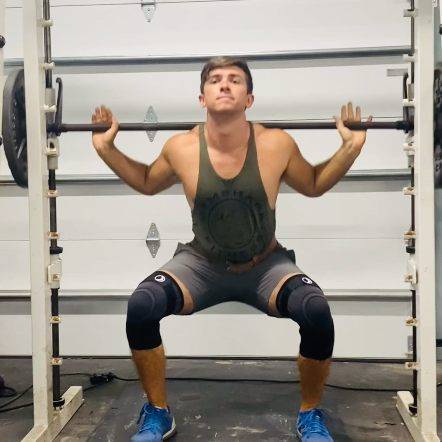

"I wanted to try out these sleeves to improve my squats and deadlift in the gym without worrying about injuring my knees. They stayed up throughout the entire gym session, and my knees feel super supported. Now I can do what I love for years to come. "
Corbin C.